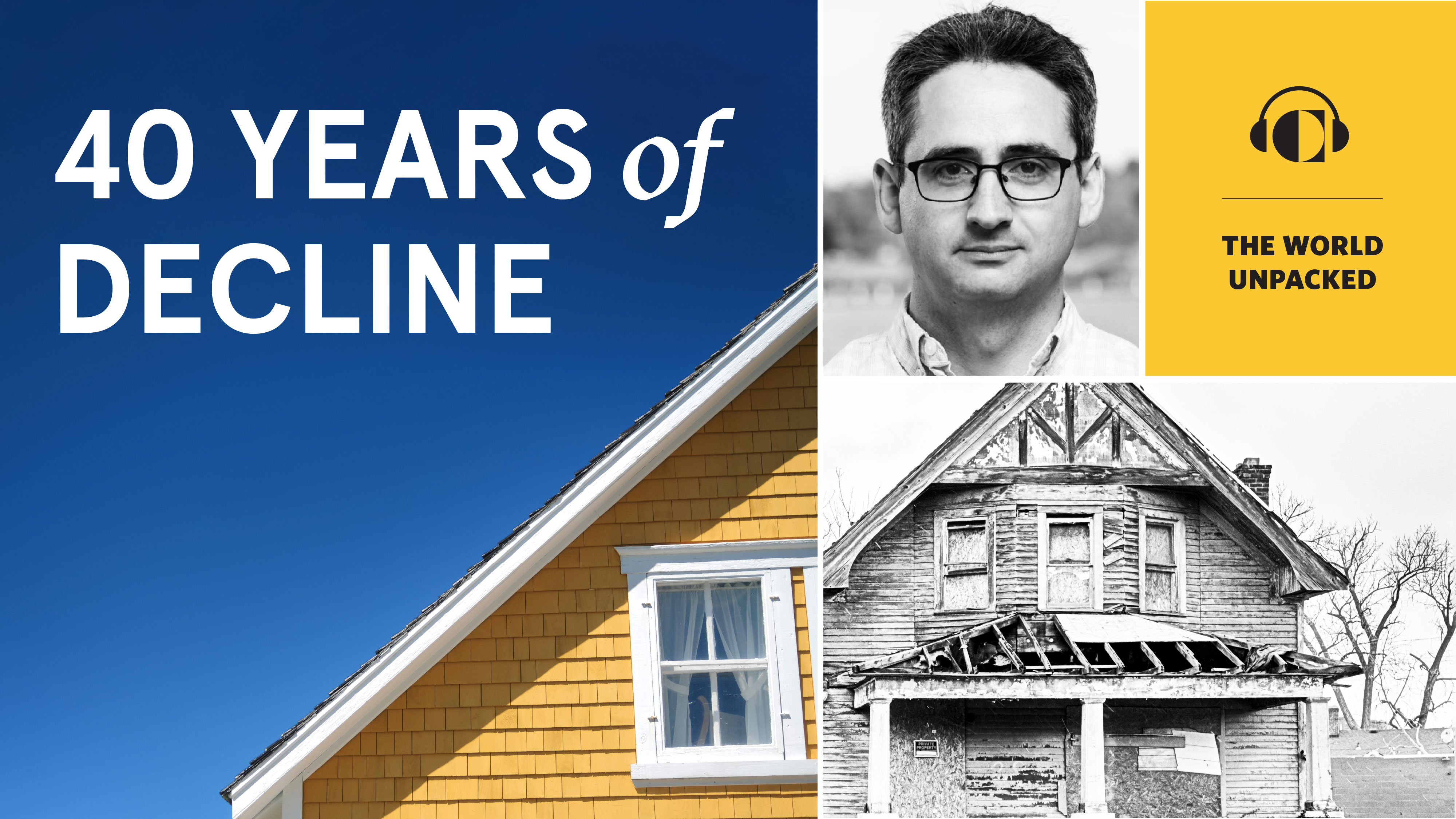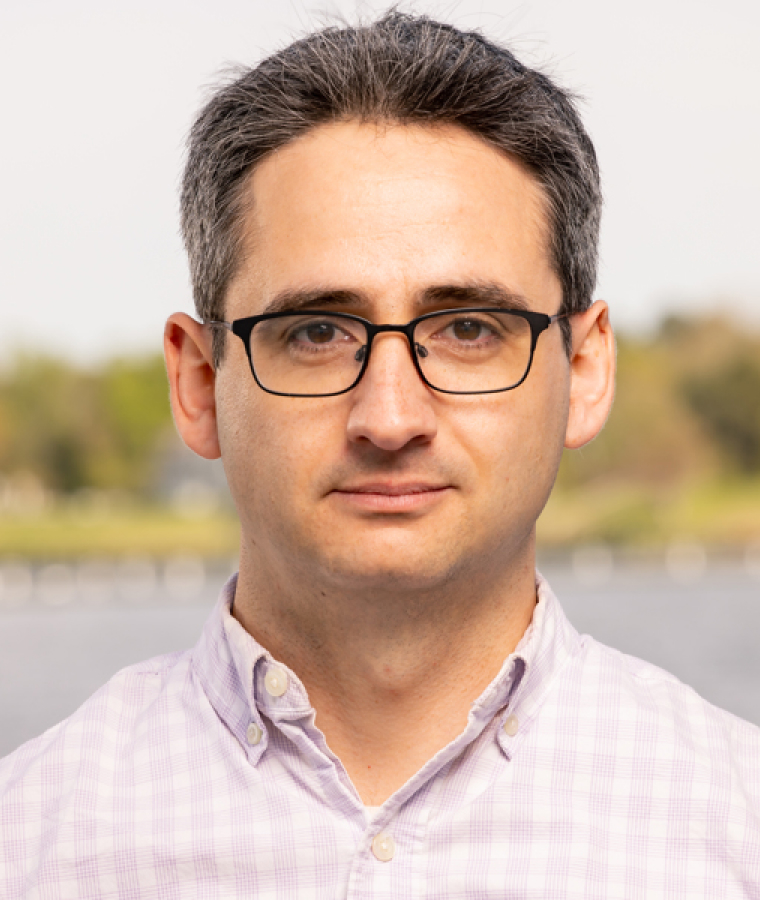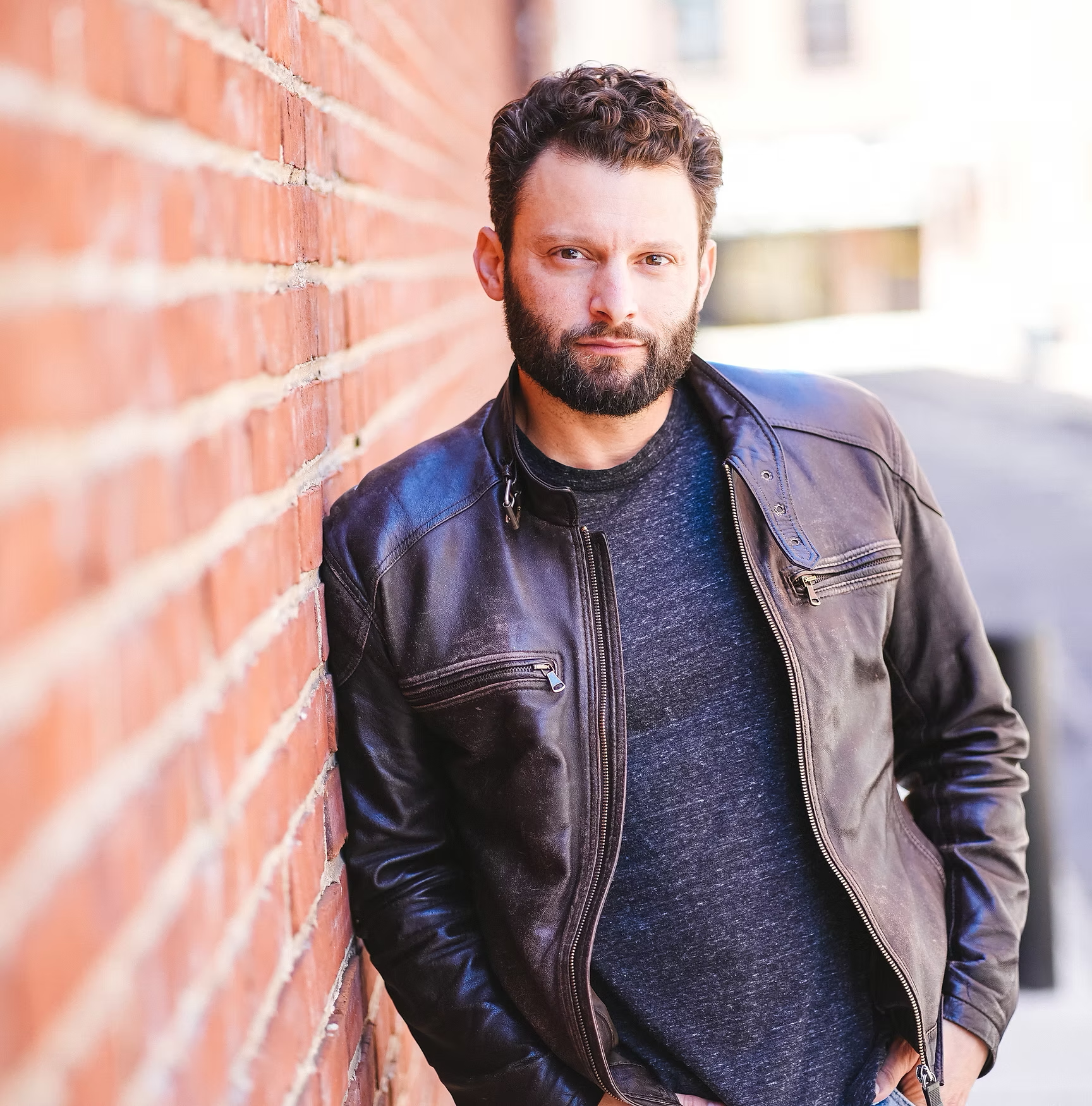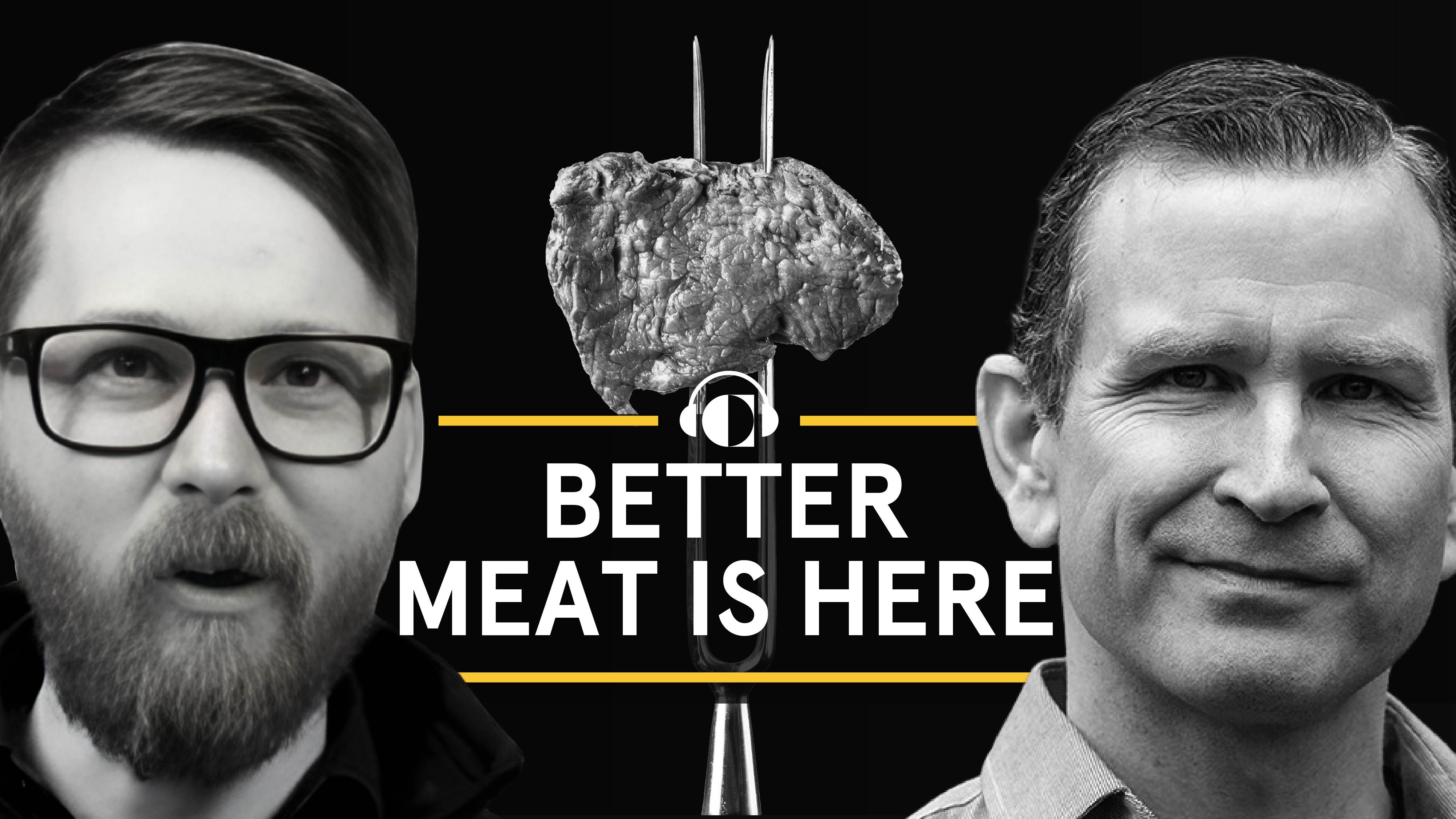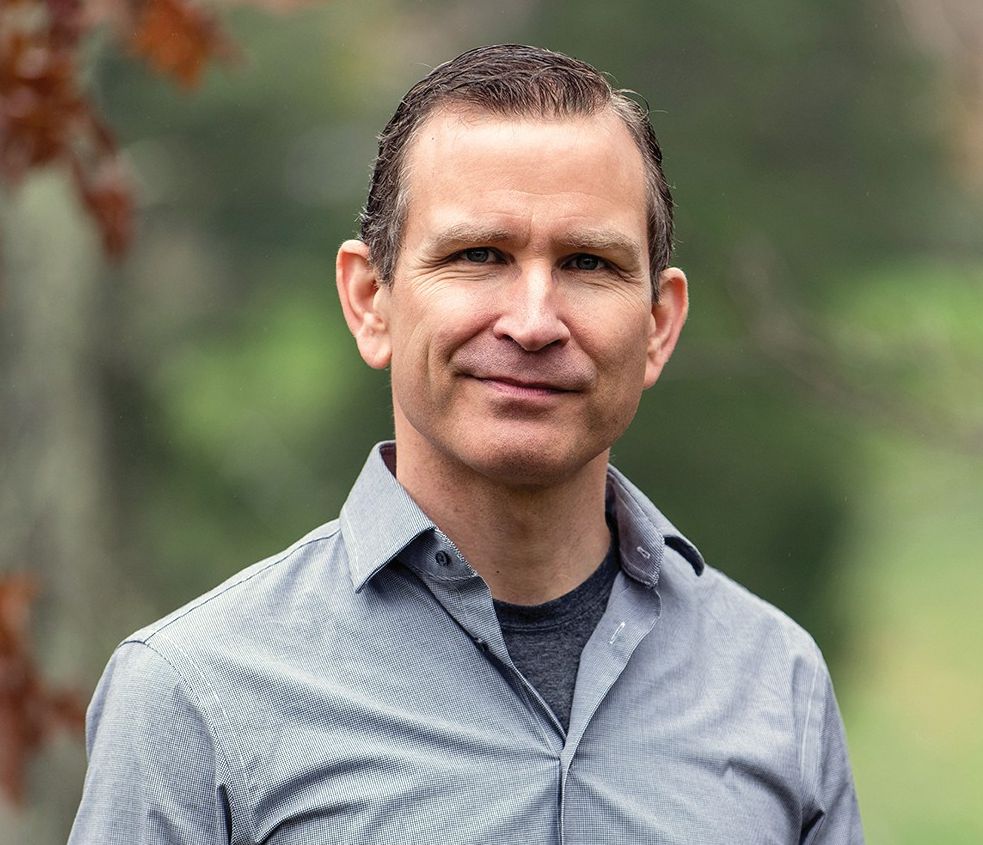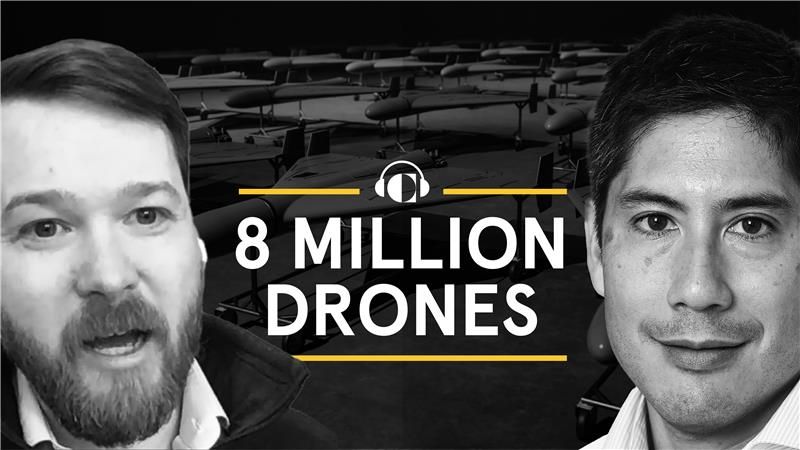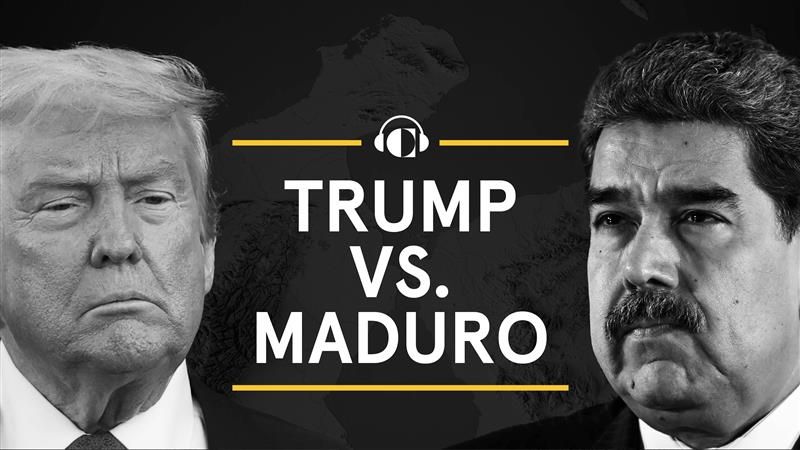Following Sunday's controversial presidential election, Kais Saied has secured his second term in office. While this result was widely anticipated, it raises deeper questions about the trajectory of Tunisia's democracy. Tunisia was once seen as the shining success of the Arab Spring – a beacon of democratic hope. But now, like several of its neighbors, it finds itself grappling with rising authoritarianism, weakened institutions, and disillusioned voters.
Today, we’re not just looking at Tunisia’s election results, but also exploring what these trends tell us about the state of democracy in the wider region. How did Tunisia arrive at this point in its democratic trajectory? What does this mean for the future of political reform, governance, and stability in North Africa and beyond?
In this episode, Sophia Besch discusses these questions and more with Sarah Yerkes, a senior fellow in Carnegie’s Middle East Program and expert on Tunisia’s political and economic reforms.
Notes:
- Sarah Yerkes, "How Tunisia's President Has Used the Law to Secure His Election Victory," Carnegie Endowment for International Peace, September 24, 2024.
